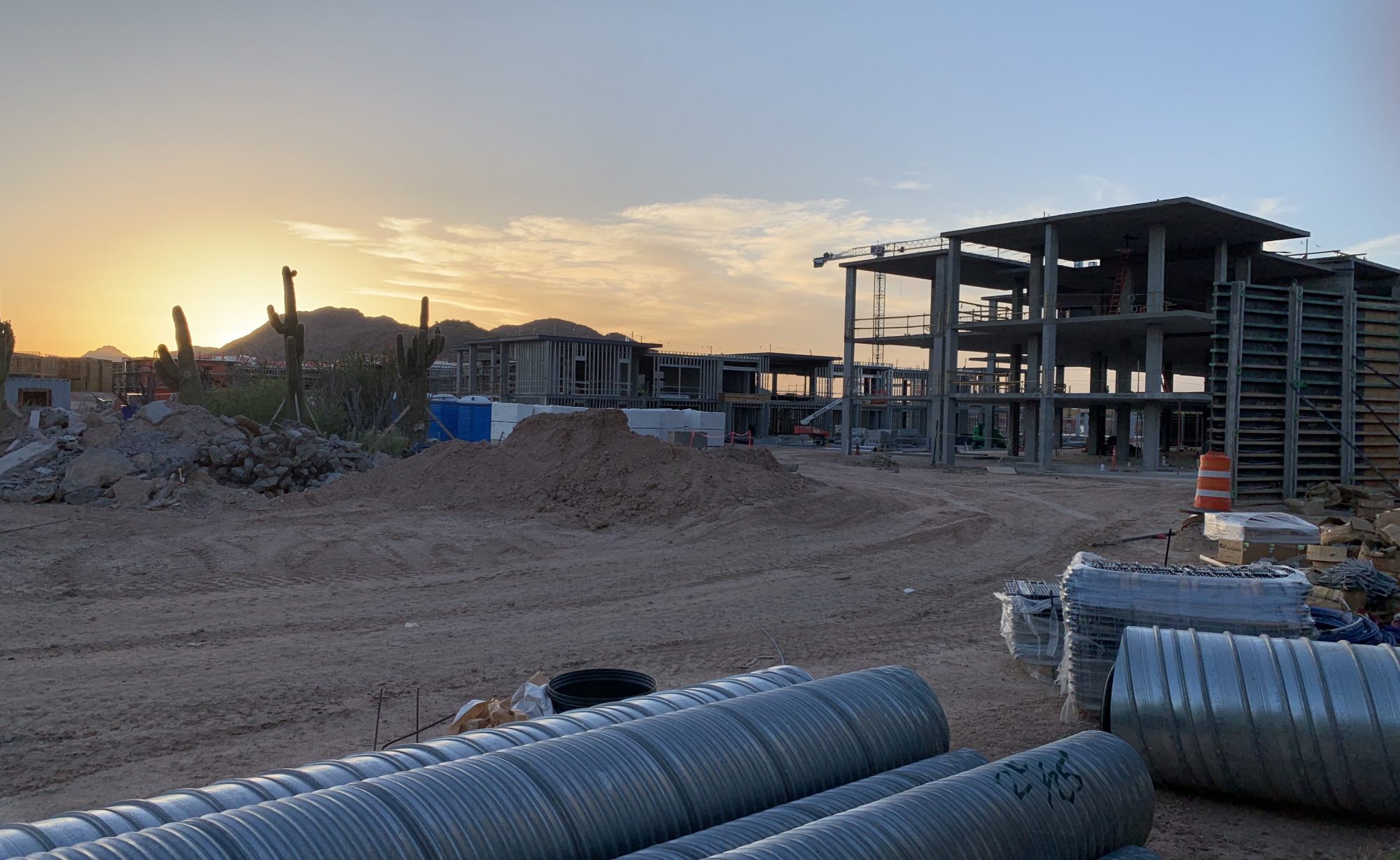 In Ramona Equipment Rental, Inc. v. Carolina Casualty Ins. Co., et al., Case No. 12-55156 (June 20, 2014), the United States Court of Appeals for the Ninth Circuit recently addressed for the first time the issue of when a 90-day Miller Act notice needs to be served for materials and/or equipment furnished on an open book account. Consistent with decisions from the First, Fourth, and Fifth Circuits, the Ninth Circuit held “that if all the goods in a series of deliveries by a supplier on an open book account are used on the same government project, the ninety-day notice is timely as to all deliveries if it is given within ninety days from the last delivery.”
In Ramona Equipment Rental, Inc. v. Carolina Casualty Ins. Co., et al., Case No. 12-55156 (June 20, 2014), the United States Court of Appeals for the Ninth Circuit recently addressed for the first time the issue of when a 90-day Miller Act notice needs to be served for materials and/or equipment furnished on an open book account. Consistent with decisions from the First, Fourth, and Fifth Circuits, the Ninth Circuit held “that if all the goods in a series of deliveries by a supplier on an open book account are used on the same government project, the ninety-day notice is timely as to all deliveries if it is given within ninety days from the last delivery.”
Background
In Ramona, a subcontractor on a federal construction project established an open account with a supplier to rent equipment for use on the project. Under the terms of the open account, rentals were documented by rental agreements and invoices. The subcontractor and supplier entered into 89 rental agreements, and the subcontractor failed to pay for nearly all the equipment rented. As required by the Miller Act, the supplier served the general contractor with notice of demand for payment within 90 days of the last day on which equipment was furnished before filing suit on the general contractor’s Miller Act payment bond. The general contractor nevertheless argued at trial that the 90-day notice was “untimely as to all rental equipment furnished to the project more than ninety days before service of the notice.” The general contractor apparently claimed that each of the individual rental agreements required its own 90-day Miller Act notice. The district court rejected this argument and “concluded that, in light of the open book account, the ninety-day notice covered all rental equipment furnished to the {p]roject.” The general contractor and its surety appealed.
Discussion
The Ninth Circuit begins its analysis in Ramona by noting that the Miller Act: (1) “‘represents a congressional effort to protect persons supplying labor and material for construction of federal public buildings in lieu of the protections they might receive under state statutes with respect to the construction of nonfederal buildings;'” and (2) is entitled “to a liberal interpretation” to accomplish its beneficial purpose of protecting laborers and suppliers. Next, the Court specifically identifies the requirements of the Miller Act’s 90-day notice provision – “that labors and materialmen with no direct relationship to the general contractor furnishing the payment bond, ‘giv[e] written notice to the contractor within 90 days from the date on which the person did or performed the last of the labor or furnished or supplied the last of the material for which the claim is made.'” (quoting 40 U.S.C. § 3133(b)(2)).
Finally, the Court cites to and discusses the following “clearly analogous” cases from other Circuits: (1) United States ex rel. Water Works Supply Corp. v. George Hyman Constr. Co., 131 F.3d 28 (1st Cir. 1997); (2) Noland Co. v. Allied Contractors, Inc., 273 F.2d 917(4th Cir. 1959); and (3) United States ex rel. A&M Petroleum, Inc. v. Sante Fe Engineers Inc., 822 F.2d 547 (5th Cir. 1987). In these cases, the First, Fourth, and Fifth Circuits, respectively, held that notice within 90 days of the last delivery on projects involving multiple purchase orders and/or goods purchased on an open account was timely under the Miller Act as to all deliveries. For each of the foregoing reasons, the Ninth Circuit in Ramona ultimately agrees with this “‘preferred interpretation'” among the circuit courts.
Conclusion
The decision in Ramona is significant for material suppliers who furnish materials for federal projects through open accounts. Rather than now having to worry about providing notice to general contractors within 90 days of each unpaid delivery, these suppliers need only be worried about providing notice within 90 days of the last delivery to the project.
